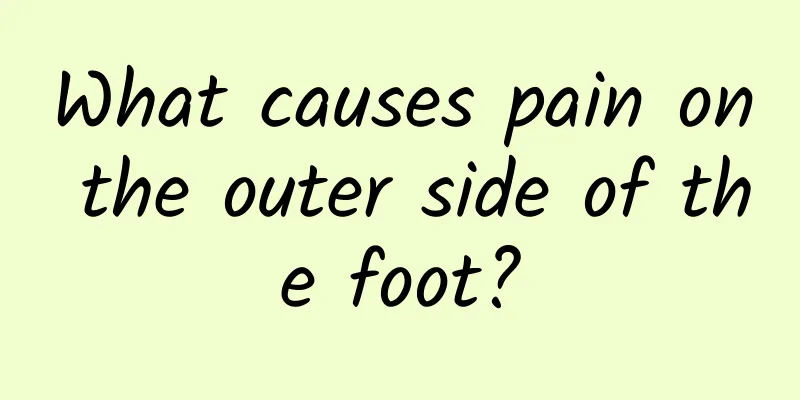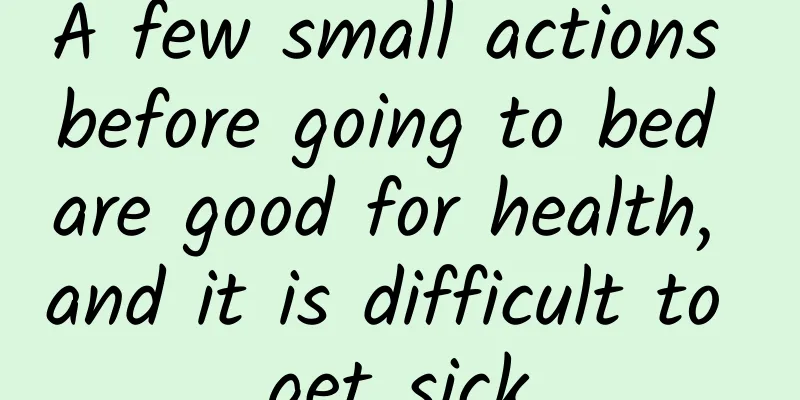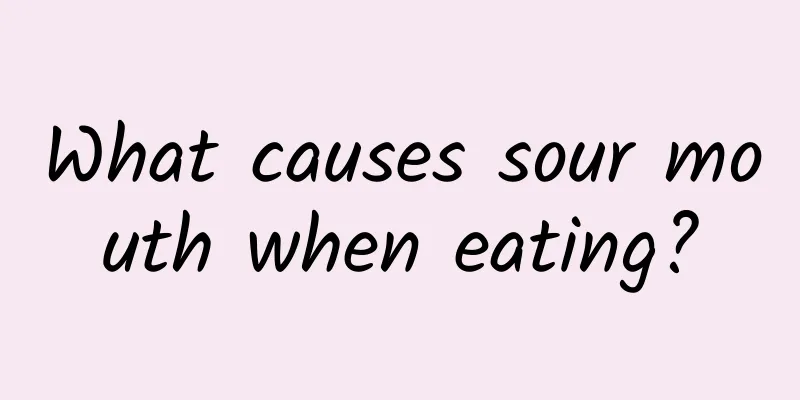What is the best temperature to drink Chinese medicine?

|
Many people feel that the hotter the Chinese medicine is, the less bitter it tastes, while some people think that it tastes faster if it is cooler. So what is the best temperature for taking Chinese medicine? In fact, Chinese medicine does not necessarily have to be taken hot. It depends on the prescription. Generally speaking, most Chinese medicines should be taken warm, which means between 30 and 40 degrees, which is just right for drinking. However, according to relevant sources, some medicines are more effective when taken cold. What is the most suitable temperature for drinking Chinese medicine? 1. "Drink while it's hot" is the habit of most people when drinking decoctions. In fact, you don’t have to drink medicine while it’s hot. 2. In general, Chinese herbal decoctions should be taken "warm", that is, the decoction should be filtered out immediately after boiling, and then cooled to 30℃~40℃ at room temperature before drinking. Especially for medicines that are irritating to the gastrointestinal tract, such as Trichosanthes seed and frankincense, taking them warm can soothe the stomach and spleen and reduce irritation. 3. Chinese patent medicines such as pills and powders should be taken with warm water, which is also a kind of warm taking. Traditional Chinese medicines that dispel wind and cold, such as ephedra, cinnamon twig, schizonepeta, and saposhnikovia, should be taken hot, and you can eat some hot porridge or hot water after taking them to help the efficacy of the medicine. 4. For granular heat-clearing Chinese patent medicines such as Ganmao Qingre Granules, they usually contain some ingredients that clear away heat and relieve symptoms. Excessively hot water will also affect the efficacy of the medicine. Therefore, for this type of granular Chinese patent medicine, it should be dissolved in 60℃~70℃ water and then taken when the water temperature drops to around 40℃. What should I pay attention to when taking Chinese medicine? 1. Most modern families use iron pots, stainless steel pots or non-stick pots. It is best not to use them for frying. Instead, you should choose clay decoction pots or casseroles. Since decocting medicine is a long process, the use of metal products can easily cause certain drug ingredients and utensils to react, producing or releasing heavy metals that are harmful to the human body. The best containers for decocting medicine are casseroles and ceramic pots; glass containers and enamel containers (intact) are second best; iron pots, copper pots, aluminum pots and tin pots cannot be used for decocting medicine. 2. Most of the Chinese medicines you buy are wrapped in paper, and some are in small packages made of plastic bags. When putting the medicine into the decoction container, many people will touch the Chinese medicine with their hands, but they don’t know that this action sometimes affects the efficacy of the Chinese medicine. 3. Use distilled water, but if conditions permit, you can use distilled water or purified water, boiled water is also fine. Tap water can be heated to remove the chlorine, but hot or boiling water cannot be used directly to decoct medicine. It must be cooled first. 4. Avoid foods that may affect the effectiveness of the drug. For example, raw and cold food, strong tea, spicy and greasy food, radish, and fishy food. Some of these types of food will neutralize the medicinal power and reduce its efficacy, some will reduce its absorption, and some will even have harmful effects. Therefore, when taking Chinese medicine, you must follow the doctor's advice and avoid certain foods. 5. It is not advisable to take Chinese medicine excessively or for a long time in pursuit of quick results. For example, Cassia seed has the effect of lowering blood lipids, but long-term use of Cassia seed may cause diarrhea. Long-term consumption of hay, which nourishes the spleen and replenishes qi and clears away heat and detoxifies, can cause high blood pressure. The folk proverb "All medicines are poisonous to some extent" is exactly this truth. 6. People with special physical conditions should take Chinese medicine with caution. People with weak spleen and stomach may experience symptoms such as stomach discomfort and intestinal rumbling after taking traditional Chinese medicine containing wild chrysanthemum. It is best to first consult a Chinese medicine practitioner or do a self-test to understand your physical condition. If you have a typical physical condition, you should understand the corresponding contraindications before taking Chinese medicine. 7. Pregnant women should be cautious when taking Chinese medicine. Because Western medicine may cause fetal malformations, many pregnant women prefer Chinese patent medicine. However, some Chinese patent medicines are definitely toxic. It is important to remember that pregnant women should be cautious about various types of medicines, such as those that clear heat, dispel wind and dampness, promote digestion and food intake, laxatives, regulate qi, invigorate the mind, repel parasites, and remove dampness. 8. Avoid taking Chinese herbal decoctions overnight. The most important form of our diet is to boil water and take it orally as a Chinese medicine soup. Chinese herbal medicine decoctions have complex ingredients, including proteins, sugars, vitamins and other ingredients such as volatile oils and amino acids. After leaving it overnight, not only will the efficacy of the medicine decrease, but it may also lead to bacterial growth, causing the medicine to become rancid and deteriorate. Therefore, when taking Chinese medicine, you should be careful to decoct it on the same day and take it on the same day. Do not take Chinese medicine decoctions overnight. 9. Use folk Chinese medicine remedies with caution. In our country, many people are willing to believe in so-called magical and important folk remedies to treat some difficult diseases. These folk remedies are circulated among the people, and many of them are not recorded in medical pharmacopoeias. Some may be effective, but not all folk remedies are correct. When faced with important folk remedies, you should consult a regular physician to understand the effects of the relevant drugs and combinations before deciding whether to use them. |
<<: The correct way to steam Chinese medicine
>>: Is it okay to boil Chinese medicine all at once?
Recommend
What should I do if I have a lump in my throat?
The throat is an important part of the human body...
Symptoms of rhinitis
The symptoms of rhinitis can be divided into many...
What are the early symptoms of internal hemorrhoids? Is early medical treatment of internal hemorrhoids effective?
Hemorrhoids are common anorectal diseases, which ...
Submandibular lymph node lump
There are lumps on the lymph nodes, which is a ty...
What is the reason for a girl's chest tightness?
Some young women have the habit of staying up lat...
How long does it take for ureteral stones to pass?
Ureteral stones are relatively common urinary sto...
What should I do if I get a sore throat during breastfeeding? What is the best thing to eat?
Although mothers who have given birth take great ...
What are the symptoms of shoulder rheumatism
All parts of the human body are susceptible to di...
The efficacy and function of saltpeter
Saltpeter is not only a kind of mineral, it is al...
Traditional Chinese medicine treats bullae, and dialectical treatment has good results
Bullae, also known as bullous emphysema, is a ver...
How to treat inferior vena cava foot swelling
Inferior vena cava foot swelling is a relatively ...
What does occult blood weak positive mean?
Urine occult blood test is a common urine routine...
What are the benefits of Topaz Steaming?
As steaming becomes more and more common in life,...
What are the symptoms of implantation in early pregnancy?
For families who want to have children, to get pr...
What to do if your child has a fever and shivers
When a person has a high fever to a certain stage...









